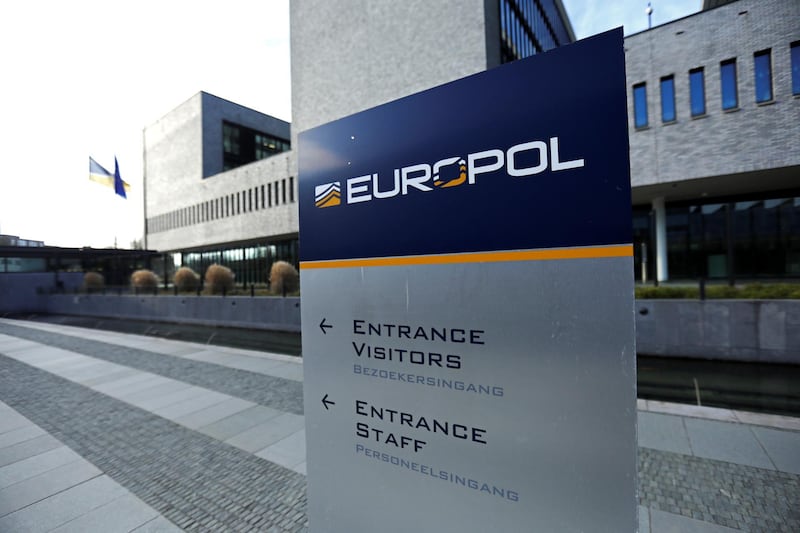Police in European countries are taking a greater interest in stopping ‘green crime’ – a rising type of illegal activity across borders such as the dumping of pollutants and wildlife trafficking.
Amid increased environmental activism and the bushfires in Australia, which have been blamed on climate change, a multilateral approach is also needed to tackle the risks posed to the world’s natural assets from green crimes.
Illegal logging, mining, fishing are also types of green crime.
“Criminals are very flexible and have discovered this new green area,” said Catherine De Bolle, executive director of Europol, the EU agency which supports its 28 member countries fight terrorism, cybercrime and other organised crime.
“You have to see it as a real business. Sometimes they use legal institutions and legal means for their illegal activities” which makes it difficult for law enforcement to spot these crimes.
Europol currently has 400 active cases which fall under this classification and police in European countries now have dedicated green crime units, Ms De Bolle said during an experts panel discussion in Davos on the sidelines of the World Economic Forum annual meeting.
“With 61 countries together, we have an operation to monitor what was going on, on the level of maritime pollution in rivers and oceans,” Ms De Bolle said.
“We discovered more than 1,700 infractions and we seized 550 tonnes of pollutive material. If you can do this on a regular basis you could already do more.”
However there needs to be more intelligence sharing in green crime areas, she said.
These crimes are happening across the world but according to data provided by Refinitiv, which organised the panel discussion, the top five contributing countries to green crime are Brazil, India, China, the US and Italy. However, Brazil makes the most information available for the illegal activity to be tracked.
Green crime is estimated to be worth $258 billion a year according to data from the UN and Interpol, both of which have warned about the rising risk for several years now.
“You see that environmental crime is cross-border, it’s global and they make use of new technologies too. It is all about profit,” said Ms De Bolle. “When for instance they use waste and they do not follow up on the rules because it has a cost on compliance and they want to avoid costs.”
However, because green crime is a global issue like human trafficking and money laundering, governments are being urged to treat it in the same way and provide tougher penalties and deterrents.
“It impacts supply chains, poses a danger to security and stability around the world, and it threatens our ability to meet the sustainability goals set out by the UN,” said David Craig, Refinitiv’s chief executive. The company is working with other organisations to use data to help disrupt criminal networks, he said.
The criminal groups, which traffic drugs and people, for example, run the international logistics networks behind much of the trafficking in wildlife goods, said John Cusack an ambassador to United For Wildlife Financial Taskforce.
He said that China is making significant progress in stopping the illegal trade of wildlife goods.
There also needs to be more data sharing and public sector funding to support the fight against green crime, the experts said.








